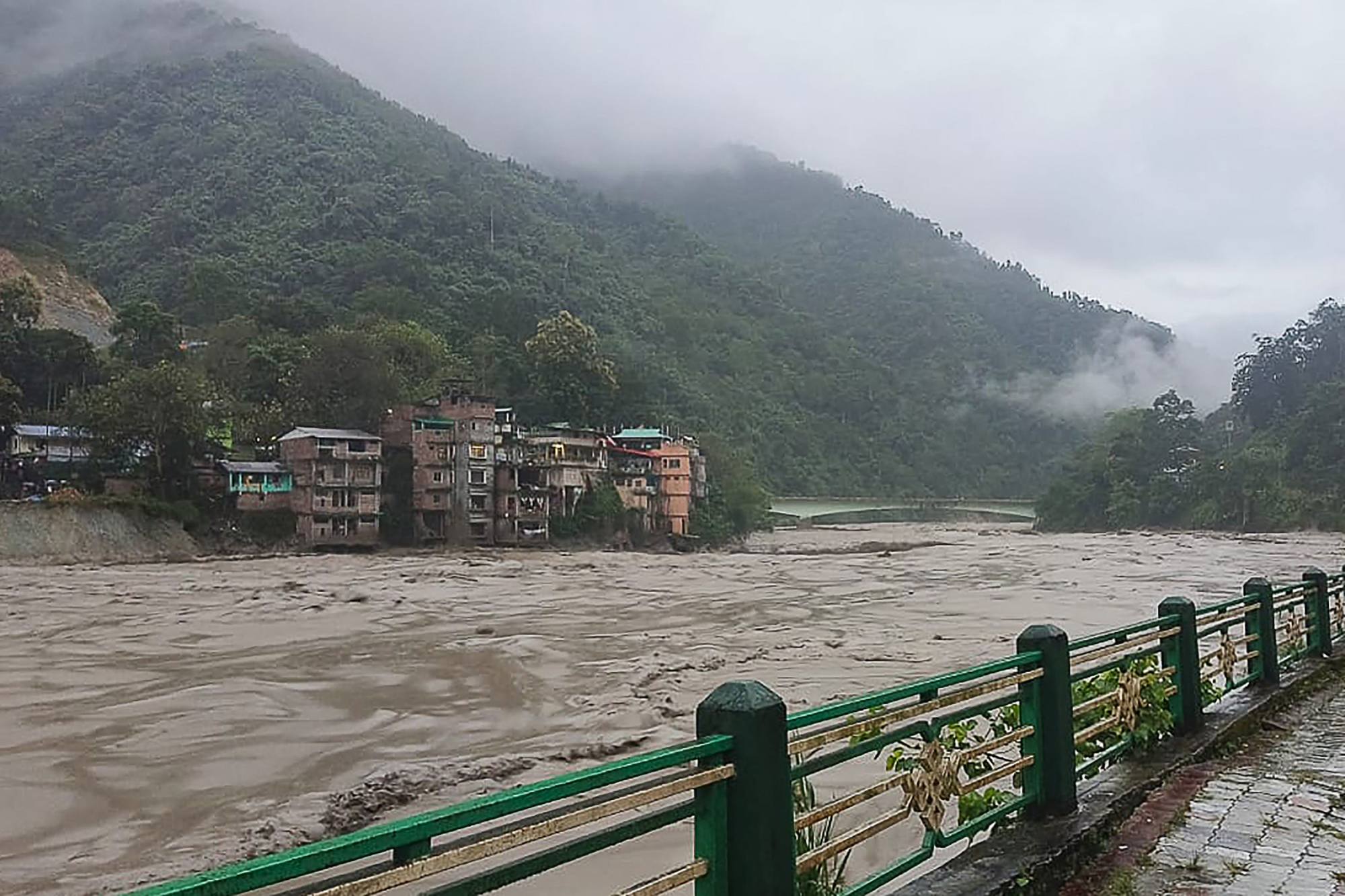Opinion | India’s anti-China electricity trade guidelines could backfire in South Asia
The other two constituents, India and Bangladesh, are power-hungry nations which have faced energy shortages in recent times and are transitioning towards greener energy sources. Apart from this, these countries also have high seasonal complementarities in their energy demands which make cross-border electricity trade an appealing policy choice.
India’s electricity trade guidelines have emerged in tandem with the emerging cross-border electricity trade between BBIN countries. Through masterful legalese, the approval procedures under this policy prohibit the trade of electricity via the Indian electrical grid with projects that are linked to investments or involvement from China.

Interestingly, two of these four projects were initially given to Chinese firms. Last year, Nepal’s former prime minister Sher Bahadur Deuba said, “India won’t buy electricity from the West Seti hydro project if it’s built by Chinese companies, so I am going to give it to India.”
The policy shift from New Delhi seems to be constraining the options for the Himalayan nations as they look to further develop their hydropower potential into an exportable resource. The question that needs asking is whether this policy is leading to outcomes that provide significant geopolitical gains. I believe that is not the case.
First, by creating a disincentive for the entry of Chinese investment in the hydropower sectors in Nepal and Bhutan, it places the burden of development of such projects on Indian power companies. With local banks having insufficient debt-financing capabilities, most of the project funding for such capital-intensive projects is going to have to be borne by the Indian side.
Why Bhutan’s tilt towards China may ‘significantly change’ regional dynamics
Why Bhutan’s tilt towards China may ‘significantly change’ regional dynamics

Second, since many of the power projects being built in Nepal and Bhutan are for export and not internal consumption, there are few gains for local populations. These same people suffer disproportionately as the construction of these infrastructure projects can cause mass displacement.
If geopolitics is the objective of this policy choice, then the soft power gains from hydropower construction are minimal. New Delhi would be better off supporting mega-projects that improve the lives of local populations and help build its public credibility.
Even if the policy choice was prompted by concerns about energy security, India has more to lose from monopolising the power market in the BBIN corridor than it has to gain from allowing a liberal and competitive cross-border electricity trade framework to develop.
In conclusion, India’s policy choice to restrict Chinese involvement in power projects in the BBIN region seems ambiguous in its objectives. It appears that the policy attempts to hit geopolitics and energy security with one stone but has missed the mark on both.
Hydropower projects that are capital-intensive, slow-moving, accident-prone, stir local opposition and provide limited benefits to local populations are not a prudent use of resources for bolstering geopolitical clout. Likewise, undermining the development of a liberal market for cross-border electricity trade in the region limits gains towards energy security. New Delhi must carefully reflect on this policy to prevent it from being a geopolitical misstep.
Harris Amjad is an independent analyst on South Asian geopolitics and human security issues


 Huge Games Selection
Huge Games Selection